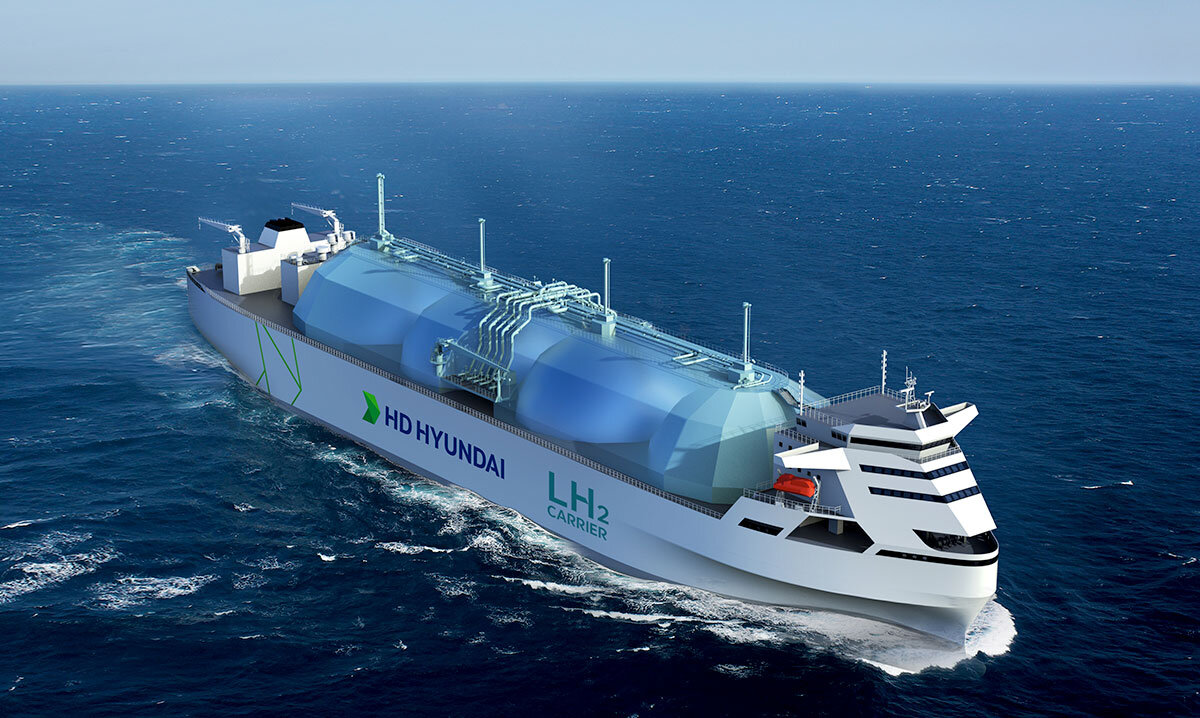Japan's MOL and KEPCO Join Forces for Liquefied Hydrogen Carrier Study
Key Ideas
- Mitsui O.S.K. Lines (MOL) and Kansai Electric Power Company (KEPCO) signed an MoU to jointly study liquefied hydrogen carriers, focusing on design, operational requirements, and safety measures.
- The study will address technical and contractual relationships, supply chain establishment, cargo handling operations, ship/shore compatibility, classification societies, regulatory aspects, and economic analysis.
- This partnership is the first agreement in Japan between a shipping company and a power generation firm for marine transport of liquefied hydrogen, aiming to contribute to the hydrogen fuel supply chain and a zero-carbon society.
- MOL had previously collaborated with Woodside, HD KSOE, and Hyundai Glovis to study bulk marine transportation of liquid hydrogen, with a focus on technology, safety, construction, operation, and carrier design.
Japanese shipping company Mitsui O.S.K. Lines (MOL) and Kansai Electric Power Company (KEPCO) have signed a memorandum of understanding (MoU) to collaborate on the joint study of a liquefied hydrogen carrier. The study aims to determine the optimal design and operational requirements for vessels involved in transporting liquefied hydrogen, considering safety measures due to hydrogen's high volatility. Key areas of the study include technical and contractual relationships, supply chain establishment, cargo handling operations, ship/shore compatibility, classification societies, regulatory aspects, and economic analysis.
This collaboration is significant as it marks the first agreement in Japan between a shipping company and a power generation company regarding marine transport of liquefied hydrogen. Both MOL and KEPCO are dedicated to exploring the specifics of marine transport of liquefied hydrogen to support the establishment of a hydrogen supply chain and achieve a zero-carbon society.
Additionally, MOL previously partnered with Woodside, HD Korea Shipbuilding and Offshore Engineering (HD KSOE), and Hyundai Glovis to study bulk marine transportation of liquid hydrogen. This partnership focused on the technology, safety, construction, operation, and economics of a carrier with 80,000 cbm tank capacity, with the carrier design receiving approval in principle from classification society DNV.
Topics
Maritime
Technology
Sustainability
Transportation
Research
Partnership
Collaboration
Shipping
Energy Industry
Latest News
